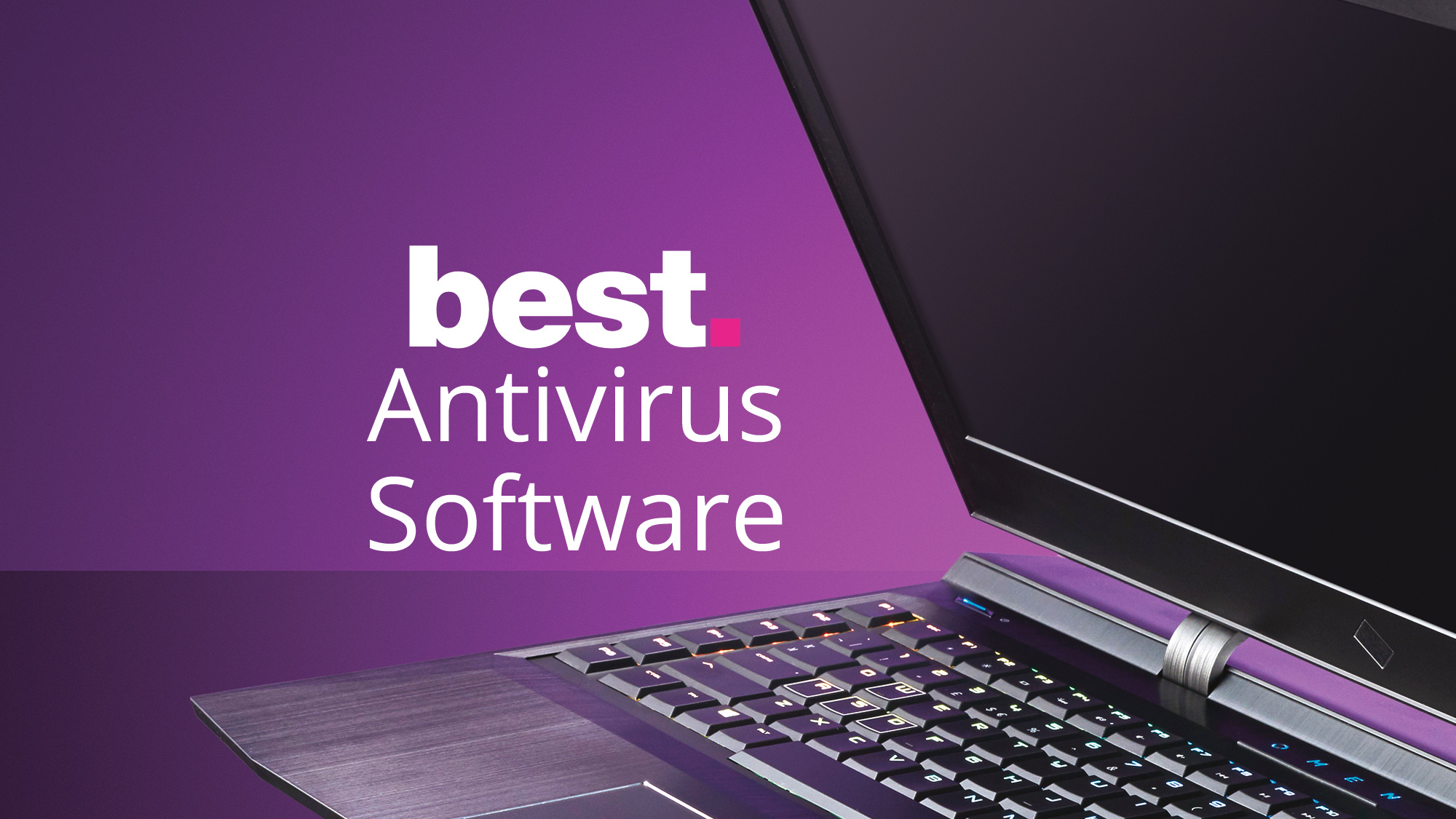

Some viruses plant monitoring software or change security settings that allow hackers to enter your computer without you knowing about it and steal information or control it. Some viruses can slow down your system dramatically. Some viruses can release confidential information like credit card information, account numbers, and passwords by emailing it to random email addresses or the address of the virus writer. Some viruses will delete all of your documents, or even reformat your hard drive, making your computer unusable. Some viruses can delete or change files. Here is a short listing of the types of damage viruses can do to your computer - they can really hit you where it hurts: The damage a computer virus can inflict on your system depends on many things, including how sophisticated the virus is. => What Kind of Damage Can Computer Viruses Do? University of Nebraska-Lincoln - Understanding Computer Viruses Pages: More general information about computer viruses: Regardless, computer viruses should always be treated. Other computer viruses are more benign - they don't do any direct damage other than by spreading themselves locally or throughout the Internet. Many computer viruses are malicious - in other words, they can erase your files or lock up whole computer systems. More Scam Reports: High Five! Top Tips to Help Others Avoid Scams A common example is a fake login program, which collects account information and passwords by asking for this info just like a normal login program does. More specifically, a Trojan Horse performs some undesired - yet intended - action while, or in addition to, pretending to do something else. Trojan Horses are closely related to computer viruses, but they differ in that they do not attempt to replicate themselves. If you pass the program along, not realizing that it contains a virus, you will be transmitting the virus manually to your friends, family, or colleagues. Sometimes viruses masquerade as a fun program (like an electronic greeting card) that secretly infects your system. If you send another document to someone by email, the virus goes along with it.ģ. If the virus is a macro virus (attached to a Microsoft Word document, for example), it may attach itself to any document you create or modify. For example, an Internet worm crippled tens of thousands of computers and slowed down parts of the Internet on the weekend of January 29, 2003.Ģ. This type of virus is called an Internet "Worm," because it is a self-propagating virus. Once the virus has infected your system, it may automatically send out emails containing more copies of the virus using the address book in your email program. Here are some of the most common ways they spread:ġ. With computer viruses, the virus is designed to spread from your computer to other computers. When we get the flu, we cough and sneeze, and tiny particles carrying the virus spread the flu to other people. Like the flu virus, a computer virus must spread from host to host to survive. There are many types of viruses and terms for them, but we'll use the general term 'virus' to make things easy. When you run the virus's software or the file the virus has infected, the virus can infect your computer's software.

They are software, and are often attached to other software or documents you might receive. Like viruses that infect living beings, computer viruses infect your computer. It's meant to educate you, so that you can defend yourself properly. Note: This information isn't meant to scare you. We've put together this special issue of ScamBusters to talk about the latest in viruses and virus protection.Įven if you own a virus-scanning program, we believe you'll learn something new.

Viruses can cost you money and destroy your privacy. Perhaps the best thing you can do for your computer - and your peace of mind - is to resolve to protect yourself from computer viruses. What you need to know about computer viruses and anti virus software protection


 0 kommentar(er)
0 kommentar(er)
